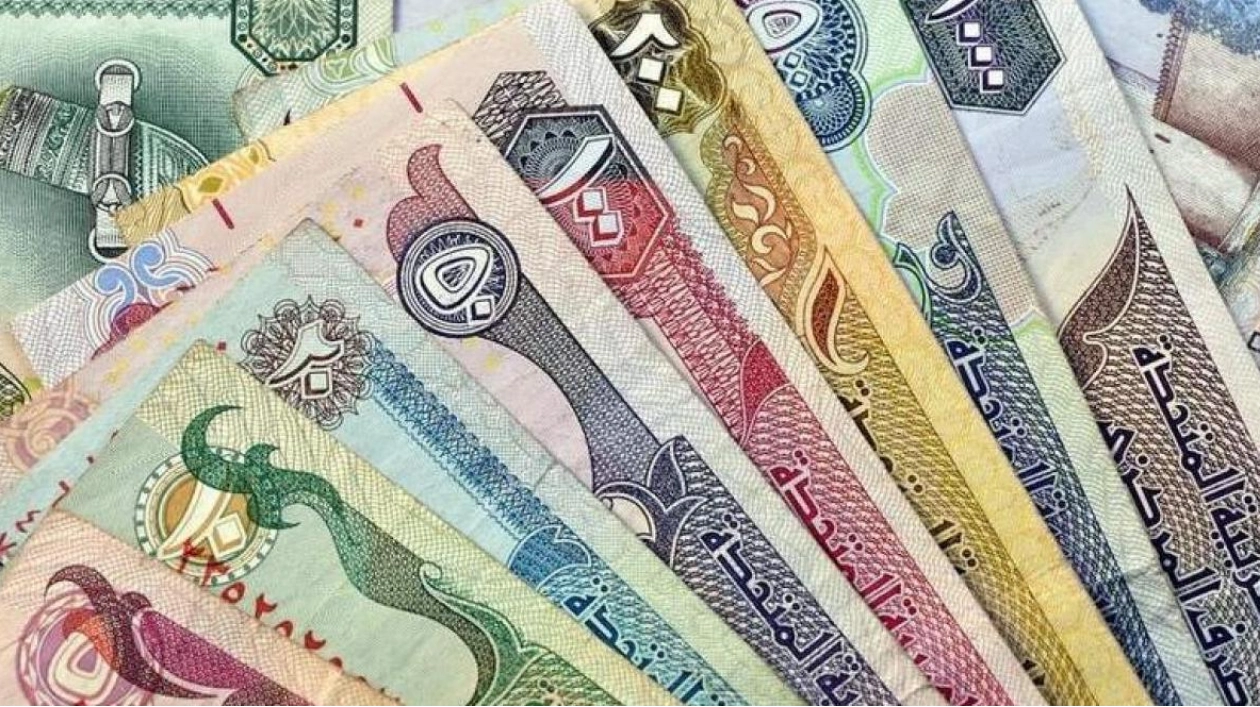The Middle East offers distinctive prospects, especially in high-growth equity sectors, infrastructure, and private credit. Nonetheless, challenges remain, such as managing geopolitical risks, tight credit spreads, and regulatory intricacies, according to investment professionals. From a macro standpoint, the primary challenge could arise from oil prices. "The election of a new administration in America creates pressures on both sides – with regulation and trade escalation likely to push prices down, and geopolitical issues likely to provide inflationary pressure. If prices remain within the 70-80 range, which is the most probable scenario, that will strain some GCC budgets, potentially impacting sovereign bond markets. There are also emerging opportunities from ongoing economic diversification efforts in sectors like technology, healthcare, and tourism, as well as continued investment in green energy," said Silva Hanell, Head of Investment Solutions, Mercer, Middle East, and Andrew McDougall, Head of Multi-Assets, Mercer, United Kingdom.
The region’s energy sector is set for expansion as Opec+ eases production quotas, and investments in renewable energy and hydrogen projects pick up pace, according to Meshal AlFaras, Head of Middle East, Africa & Central Asia at Janus Henderson. "Additionally, countries like Saudi Arabia and the UAE are diversifying their economies through technology, tourism, logistics, and infrastructure initiatives, which will continue to drive growth. We are witnessing significant private wealth and investment migration into the region, as high net worth individuals relocate to destinations in the UAE and KSA, boosting investment in real estate and consumer markets. These opportunities must be balanced with an awareness of geopolitical and economic risks, as oil price fluctuations are expected to persist in 2025, potentially affecting the economy," he added.
As the year progresses, AlFaras believes investors can benefit from a broader opportunity set and prudent risk management. "Within equities, a broadening of US market performance may enhance the return prospects of innovators outside of technology, and the favorable economic environment and declining financing costs make small- and mid-cap stocks particularly attractive. Outside the US, lower premiums and upside potential warrant a closer look. China’s policy support will need to persist if it is to address the scale of its economic challenges. This, in turn, could support select European companies that export to China. Other areas of interest include India, where reforms are fostering a high-growth environment, and Japan, where corporate governance reforms are being implemented," he added.
For 2025, diversification should be a key focus. "We are also advising clients to reassess their hedge fund exposure to ensure it aligns with the targeted structural properties, namely low correlation and low beta to traditional equity and fixed income investments," Hanell and McDougall said.
Investors are navigating geopolitical shifts across regions and adapting to interest rates that analysts predict will remain elevated compared to the past decade. "The global economy is somewhat late in the cycle, requiring caution, yet the data continue to outperform expectations, and growth remains steady. At the highest level, the combination of rate cuts and other potential accommodative policies in the US and stimulus in China should support the global economy. However, it is crucial to exercise caution when taking on risk. Broadly, markets have quickly priced in the cycle’s extension, making valuations susceptible to downgrades if risks escalate," AlFaras said.
Tight global credit spreads underscore the importance of avoiding yield chasing in fixed income, experts noted. "Generally, we remain positive on asset-based finance strategies, particularly within investment grade where spreads are attractive, but also in select areas within sub-investment credit including regulatory capital relief. One area that has not experienced significant spread or yield compression is frontier market debt – this is a misunderstood asset class that offers strong diversification properties while retaining the ability to generate high single-digit returns and strong risk-adjusted performance. We also believe private credit deserves a strategic allocation in many client portfolios," Hanell and McDougall said.
Portfolios should emphasize global diversification within equity, including both small cap and emerging markets, as these offer more attractive valuations. "There should also be increased allocation, or in many cases, new allocations to investment-grade asset-based finance, which provide yield enhancement and improved diversification. Within private markets, prioritizing co-investments and secondaries can offer better commercial terms and allow investors to select deals that closely align with their investment strategy and sector focus," Hanell and McDougall said.
For equities, the market landscape is notably evolving as small- and mid-cap stocks gain traction, challenging a 13-year trend of large-cap dominance, AlFaras noted. "A more supportive economic backdrop is prompting investors, particularly in the US, to shift into smaller-capitalization companies and away from mega-cap technology names. Similarly, many non-US markets offer compelling yields without demanding valuations," he added.
Globally, over $10 trillion is parked in money market funds. "The main drivers of this trend include the excess liquidity injected into the financial system in response to COVID-19 and the higher yields following the rate-hiking cycle. Investors holding cash may face strategic pitfalls if central banks cut rates as forecast. Given the stage of the cycle, diversification and quality should be prioritized," AlFaras said.
"For liquid assets, dynamic asset allocation and strategic tilts can help capture opportunities while managing risk. For illiquid assets, consider local direct investments and the capital requirements of your liquid assets to achieve a well-diversified portfolio and continue to vintage diversify," Hanell and McDougall said.
Source link: https://www.khaleejtimes.com






